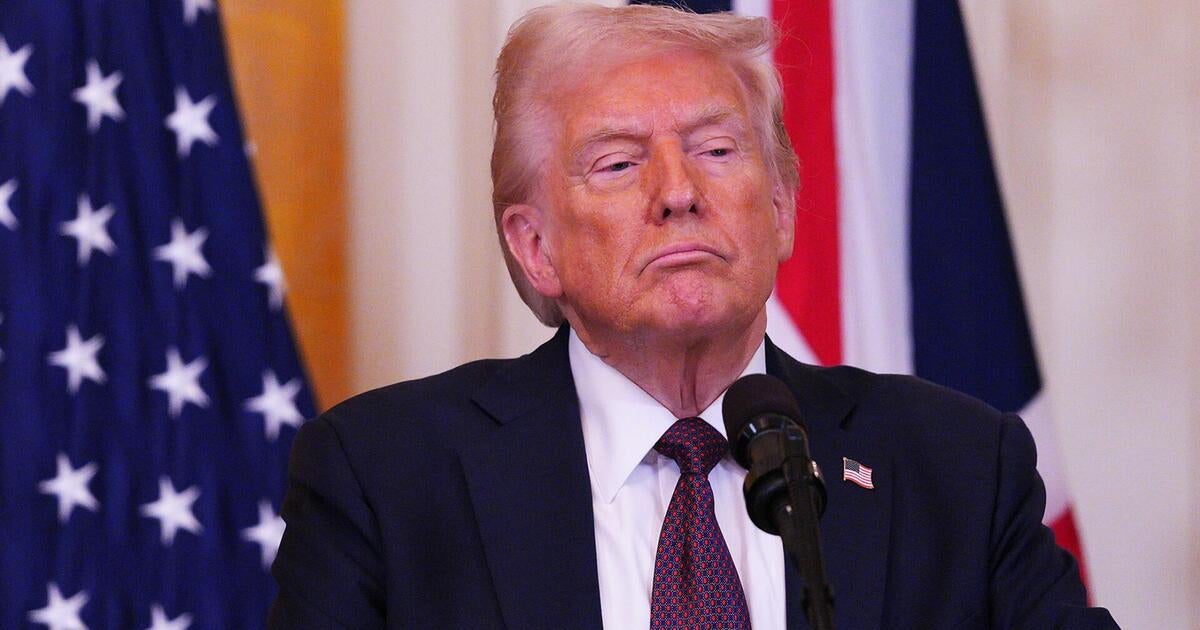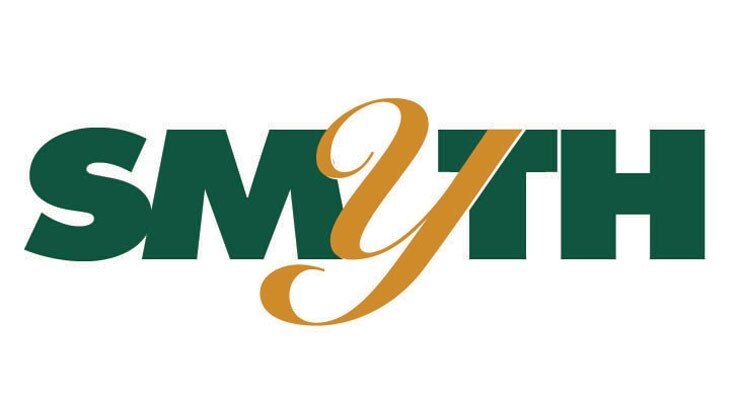
Trade Tensions Bite: Canadian Businesses Caught in U.S. Tariff Crossfire
Canadian businesses are navigating uncharted waters this week as President Trump's controversial tariffs take full effect, sending shockwaves through cross-border trade relations. The sudden implementation has caught many Canadian companies off guard, forcing them to rapidly reassess their economic strategies and international market positioning. CBS News senior White House and political correspondent Ed O'Keefe provides critical insights into the complex landscape of these new trade barriers. The tariffs represent a significant challenge for Canadian industries, potentially disrupting long-standing economic partnerships and creating uncertainty for businesses on both sides of the border. As companies scramble to understand the full implications of these trade measures, economic experts are closely monitoring the potential ripple effects on bilateral trade, manufacturing sectors, and overall economic stability. The sudden shift underscores the volatile nature of international trade policies and the delicate balance of economic relationships in the current global marketplace.










